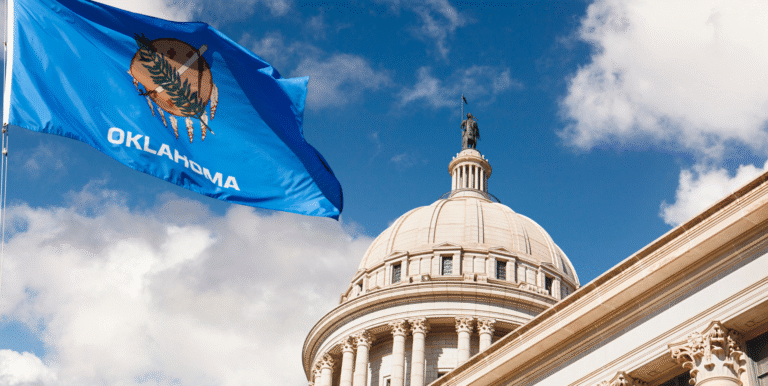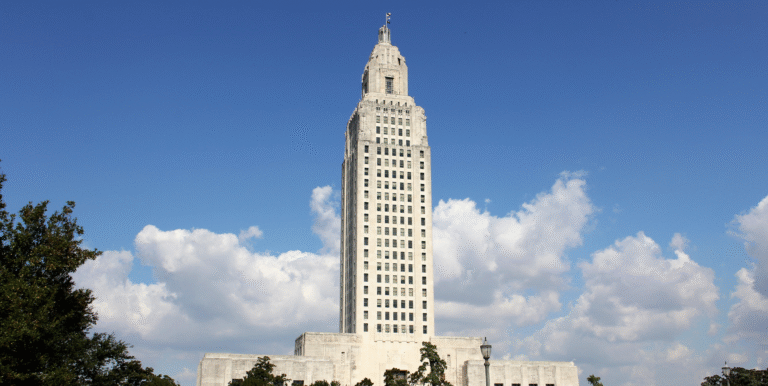Cannabis in Idaho: Illegal, No Cannabis Program

If you look at a map of legal weed in the United States, Idaho stands out. It’s like an island surrounded by states where cannabis is legal, like Washington, Oregon, and Montana. This can make things very confusing for people living in or visiting Idaho.
So, let’s get straight to the point: Is marijuana legal in Idaho? The answer is a simple and absolute no. It is completely illegal for both fun and medical reasons. Navigating the laws around cannabis in Idaho is not just important—it’s essential to avoid severe legal consequences.
The Ironclad Illegality of Marijuana in Idaho
There is no gray area when it comes to marijuana in Idaho. The state has some of the toughest laws in the entire country. You have to understand just how strict they are.
No Recreational, No Medical, No Decriminalization
Let’s be perfectly clear. Idaho has not legalized recreational weed. It does not have a medical marijuana program. And it has not even decriminalized having a small amount.
This means there are no legal stores (dispensaries) to buy from. There are no medical cards you can get. There are zero legal protections for anyone who uses cannabis.
The Constitutional Ban
Idaho has gone even further than other states to keep marijuana illegal. The state actually changed its own constitution to ban any psychoactive drugs from ever becoming legal.
This makes it extremely hard for the laws to ever change in the future. It sets Idaho apart from almost every other state in the country.
Severe Penalties for Possession and Sale
Because the laws are so tough, the punishments are very serious. It’s important to know the risks you are taking.
Here is a simple breakdown of the penalties:
- Having 3 ounces or less: This is a misdemeanor, but it can still land you in jail for up to one year with a $1,000 fine.
- Having more than 3 ounces: This is a felony. You could face up to five years in prison and a $10,000 fine.
- Selling or Growing: Trying to sell or grow any amount of cannabis is a felony with very long prison sentences.
Idaho’s CBD Law
While marijuana is illegal, there is one tiny exception for CBD products. This is where most of the confusion comes from.
What Makes Idaho Different
Idaho does have a law that makes some CBD products legal. But the rule is extremely strict and different from almost everywhere else.
For a CBD product to be legal in Idaho, it must come from hemp and it must contain zero THC. THC is the part of cannabis that makes you feel “high.” Any product that has even a tiny amount of THC is considered illegal marijuana in Idaho.
Sourcing Safe and Legal CBD in Idaho
This strict rule means you have to be very careful when buying CBD. To follow the law, you must find products that have been tested by a lab. You need to look for a lab report, called a Certificate of Analysis (COA), that shows “Not Detected” or “ND” for THC.
This makes navigating the world of legal cannabis in Idaho very difficult, even for products that can’t get you high. This legal distinction makes it vital for consumers to understand different cannabis cannabinoids like CBD and THC to ensure they are not accidentally breaking the law.
Contrasting Idaho with Functional Medical Cannabis Programs
The situation in Idaho is the complete opposite of states with working medical marijuana programs. It’s helpful to see what a real program offers to understand what Idaho patients are missing.
What a Real Medical Program Offers Patients
In states where medical cannabis is legal, patients get a lot of benefits and protections.
A real medical program usually provides:
- Legal protection from being arrested for having your medicine.
- Safe, licensed dispensaries where you can buy lab-tested products.
- Many different types of products to help with specific health problems.
- Help from doctors on how to use it safely.
For those watching from Idaho, learning how a medical card system works in other states shows just how beneficial a safe, regulated program can be for residents.
A Note on How It Works in Other States: In places where medical cannabis is legal, getting help can be very simple. For example, at HealifyNowMMJCards, you can get approved for your medical card online in just minutes. They offer a hassle-free experience so you can begin your application and access the care you need quickly!
The Importance of Organization and Support
In states with legal programs, there are systems in place to help patients. They are not left on their own to figure things out.
Patients in these states often rely on a secure patient portal to manage their medical records, doctor’s recommendations, and renewal dates. This brings simplicity and peace of mind to their healthcare journey.
The Future of Cannabis in the Gem State
So, will things ever change in Idaho? It’s hard to say, but the outlook is not very promising right now.
Legislative and Activist Efforts
Groups like Kind Idaho have tried for years to get a medical marijuana law on the ballot for people to vote on. But they have always been blocked by political and legal challenges.
Because of the constitutional ban and the tough political climate, Idaho will likely be one of the very last states to ever change its cannabis laws.
Conclusion
To sum it all up, Idaho’s view on cannabis is one of the strictest in the nation. There is a constitutional ban, no medical program, and very harsh penalties.The only legal exception is for CBD products that have absolutely zero THC. You have to be extremely careful. Until major legal and constitutional changes occur, understanding the uniquely strict laws governing cannabis in Idaho is the only way to stay safe.
📚 Table of Contents
- The Ironclad Illegality of Marijuana in Idaho
- No Recreational, No Medical, No Decriminalization
- The Constitutional Ban
- Severe Penalties for Possession and Sale
- Idaho's CBD Law
- What Makes Idaho Different
- Sourcing Safe and Legal CBD in Idaho
- Contrasting Idaho with Functional Medical Cannabis Programs
- What a Real Medical Program Offers Patients
- The Importance of Organization and Support
- The Future of Cannabis in the Gem State
- Legislative and Activist Efforts
- Conclusion





